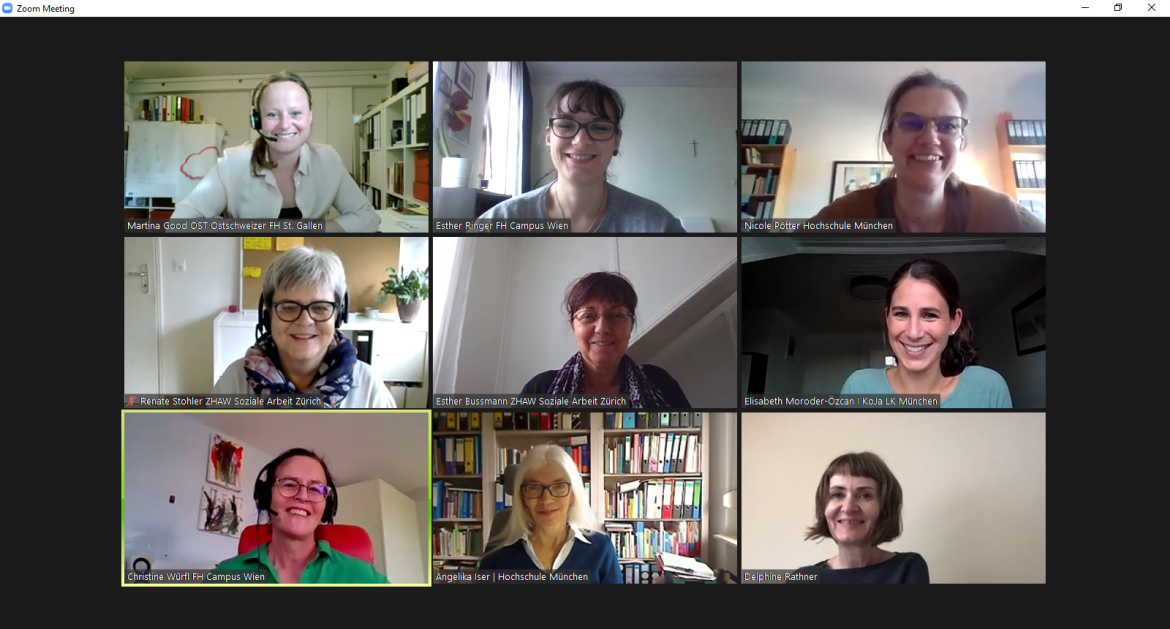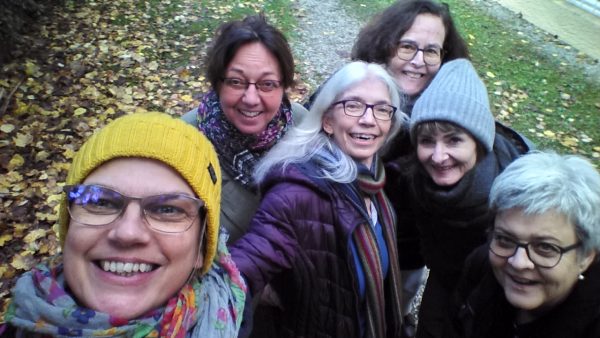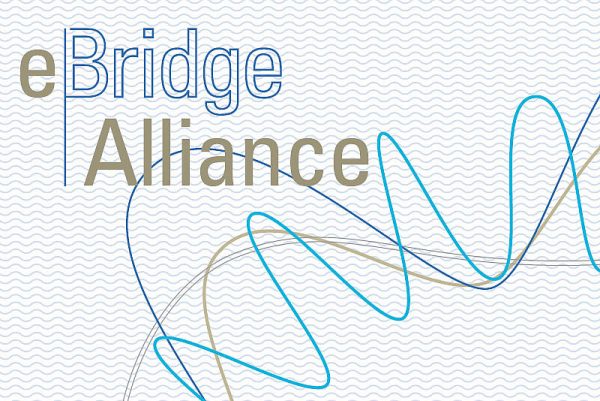Inter-university exchange on the topic of school social work

The following topics were selected and discussed
- Professionalization developments and strategies in Austrian school social work
- System analysis of education as well as child and youth welfare, along with training paths of professionals and their cooperation opportunities in Switzerland and school social work
- All-day schools, school social work and digitalization in Germany
The first day started with a multi-perspective look at professionalization considerations in Austrian school social work. The views of important national stakeholders in and for the field of practice were presented, discussed and contrasted with the developments and strategies in the two neighboring countries.
The Swiss educational and support landscape for children and adolescents were the focus of presentations and discussions on October 7. In particular, the training courses of teachers and school social workers in German-speaking Switzerland were analyzed in detail, as well as cooperation opportunities between these two professions along the curriculum and developmental psychological topics in the growing up of schoolchildren.
The third networking day on October 8 was dedicated to the embedding of school social work in the German all-day school development. During a virtual excursion to an elementary school in the Munich area the socio-pedagogical and school social work challenges associated with the legal entitlement to all-day care were practically illustrated. Furthermore, the thematic focal points of the Cooperation Association for School Social Work (Kooperationsverbund Schulsozialarbeit), which was founded in 2001, have been presented. The current topic of digitalization has been introduced and cross-national questions regarding professional strategies of school social work in a digitalized school (environment) world have been asked.
The following results can be noted with regard to the topics concerning all three countries:
- The professionalization of the field of practice did not proceed linearly in any of the three countries. Professionalization of professionals through specialized training at the master’s level has not yet taken hold in the German-speaking education area. Specific continuing education courses at the universities of applied sciences are available, especially in Switzerland, but optional for employment in practice. Strategies for joint training socialization of pedagogical and school social work professionals are considered relevant for functional cooperation; inhibiting factors are identified in the different structures of the training systems.
- Mandatory quality standards are considered to be a catalyst for professionalization, just like the mission-related and professional-methodological classification and demarcation in the psychosocial support system.
- Federal structures of the educational and child/youth support system dominate the forms of implementation and arrangement in all three countries. Sometimes there is a wide range of individualization offers for integration by the school itself, although selection and allocation functions dominate the pedagogical self-image. Curricular integration in the form of a grade-specific prevention concept could increase the scope for cooperation; skepticism remains regarding the preservation of an independent mission for school social work.
- All three countries are in a transformation phase of their education systems in the compulsory school sector with implications for school social work and (school) social pedagogy.
- National expert committees are important drivers for school social work practice through their events, publications and statements, and this beyond the national framing.
The strategic goal of the INUAS network to enable cross-university collaboration will continue to be pursued in 2022; the next school social work-related professional exchange is planned for October 05-07, 2022 in Zurich.








